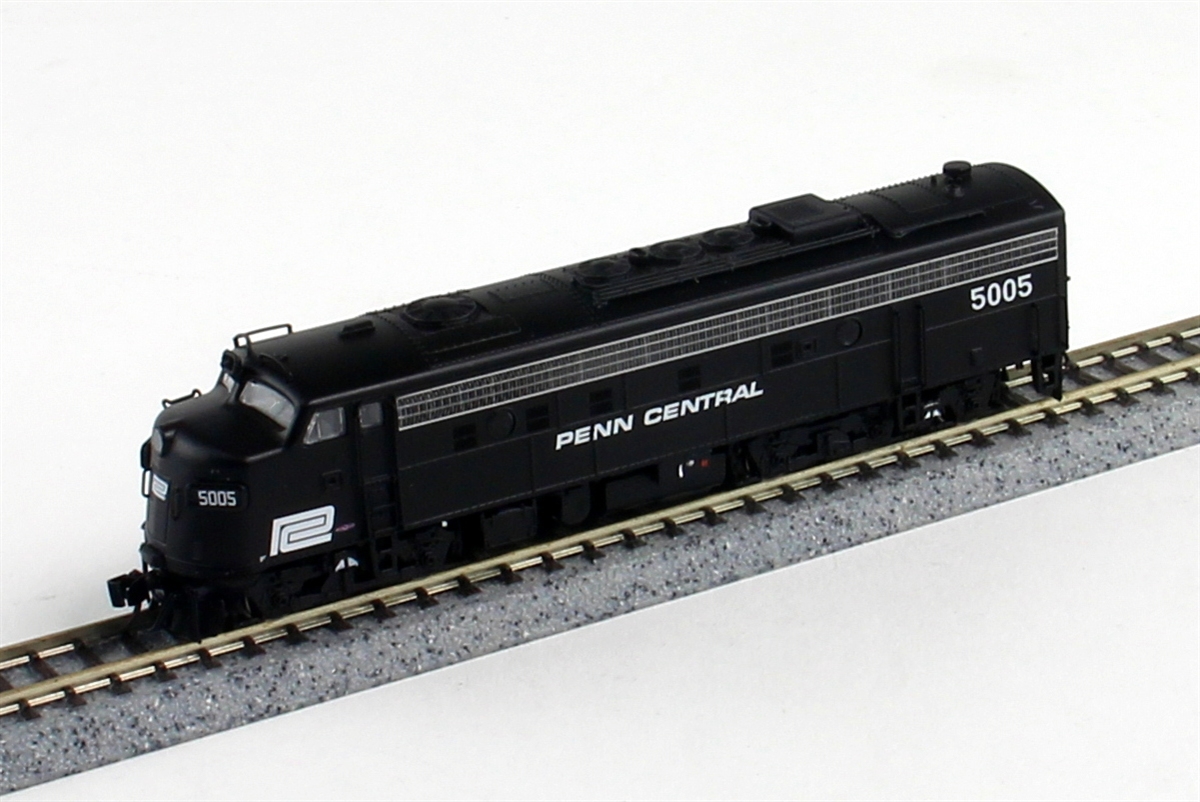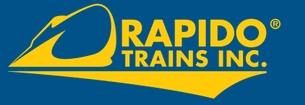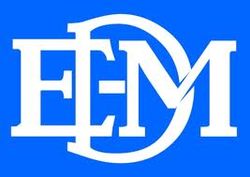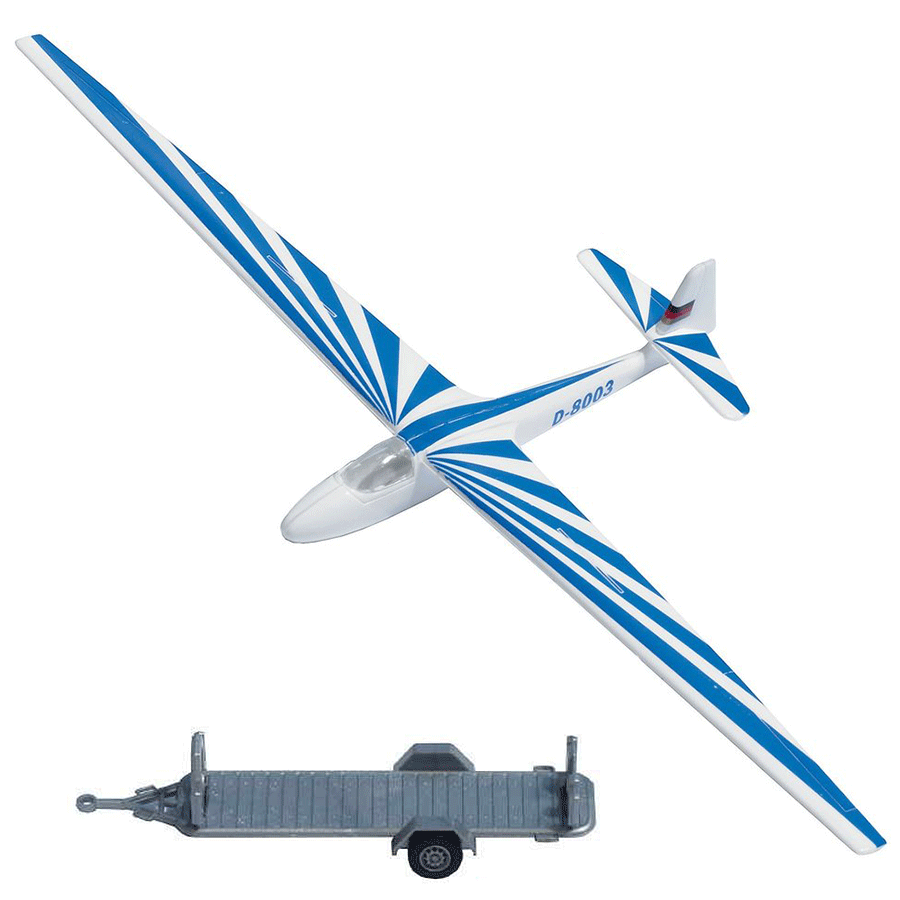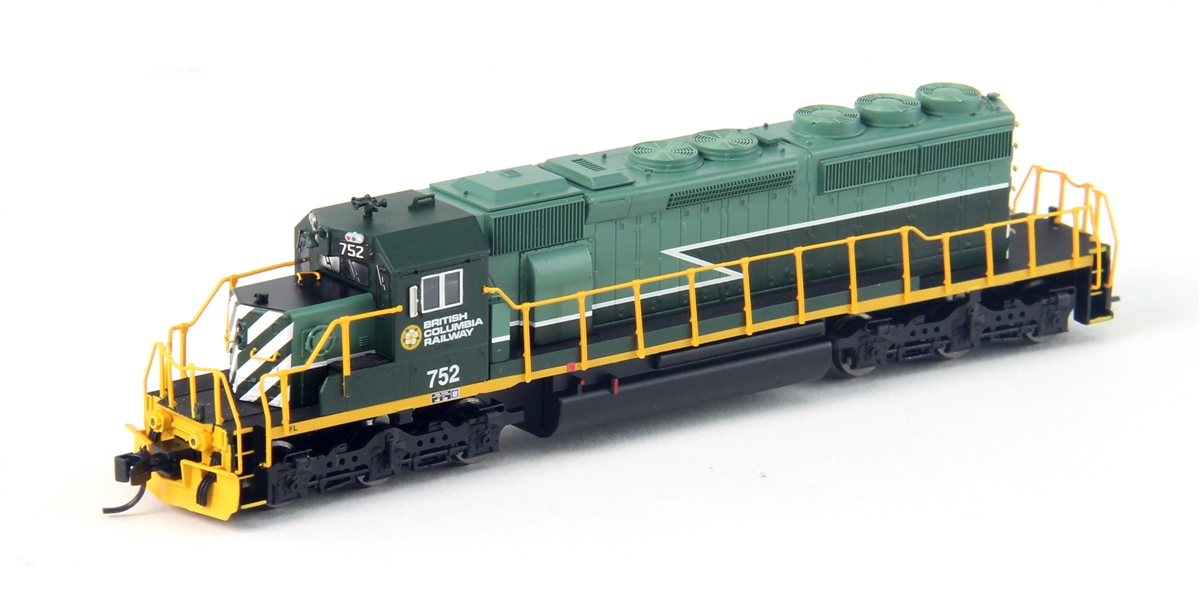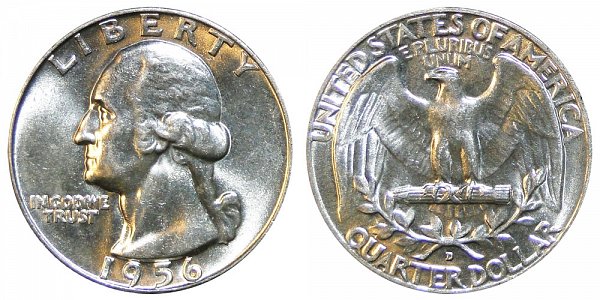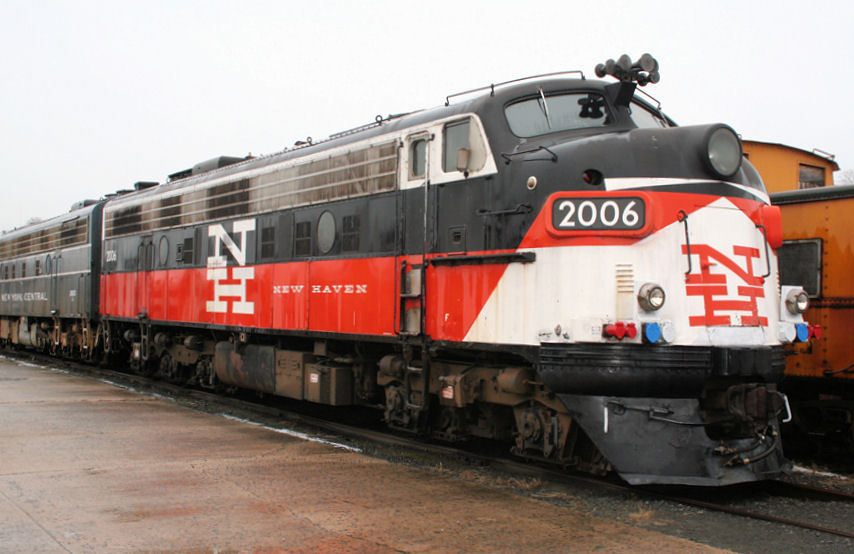Model Information: This model was released in 2016 by Rapido Trains. Several numbers available for each paint scheme. The full manual for this train may be found: by clicking here
The model features: Correct details for both delivery groups; Separate grab irons; Road-number and era-specific details applied at the factory; Correct fuel and water tanks and cooling coils; full underframe details; Operational headlight and back-up lights; full cab interior; will operate smoothly on DC and DCC layouts; Rapido's proven 5-pole, skew-wound motor and silky-smooth drive system; Micro-Trains couplers mounted at the correct height.
The model features: Correct details for both delivery groups; Separate grab irons; Road-number and era-specific details applied at the factory; Correct fuel and water tanks and cooling coils; full underframe details; Operational headlight and back-up lights; full cab interior; will operate smoothly on DC and DCC layouts; Rapido's proven 5-pole, skew-wound motor and silky-smooth drive system; Micro-Trains couplers mounted at the correct height.
DCC Information: This engine comes in two forms: DCC-Ready with Coupon and DCC-With-Sound. The sound-equipped DCC model comes with an ESU LokSound sound decoder or dual-mode DC/DCC silent model with authentic sounds including Hancock air whistle (where appropriate).
Important Note! The DCC-Ready versions of this train come with a mail-in coupon for a FREE dual-mode DCC drop-in decoder.
Important Note! The DCC-Ready versions of this train come with a mail-in coupon for a FREE dual-mode DCC drop-in decoder.
Prototype History: The EMD FL9 has secured a rightful place in North American railroad history. These dual-power locomotives were designed to operate on both diesel-electric and on pure electric power so that they could haul the New Haven Railroad?s passenger trains in and out of New York City's Grand Central Terminal without the need for an engine change. Built between 1955 and 1960, many of the fleet continued in regular revenue service for nearly fifty years on both long haul and commuter trains. While the last revenue commuter run occurred in 2009, two units remain in regular revenue service today on the Maine Eastern between Brunswick and Rockland Maine. Several others have been preserved and are in use on tourist railroads in both the US and Canada.
This engine can be viewed as a modified FP9. It was built to carry a larger steam generator than the FP9 and hence is longer and heavier. To support the extra weight, the rear truck sports 3 axles in place of the FP9's double-axle configuration. The result is a relatively uncommon 5-axle design (2 in front and 3 in the back) with 10 wheels.
This engine can be viewed as a modified FP9. It was built to carry a larger steam generator than the FP9 and hence is longer and heavier. To support the extra weight, the rear truck sports 3 axles in place of the FP9's double-axle configuration. The result is a relatively uncommon 5-axle design (2 in front and 3 in the back) with 10 wheels.
Road Name History: 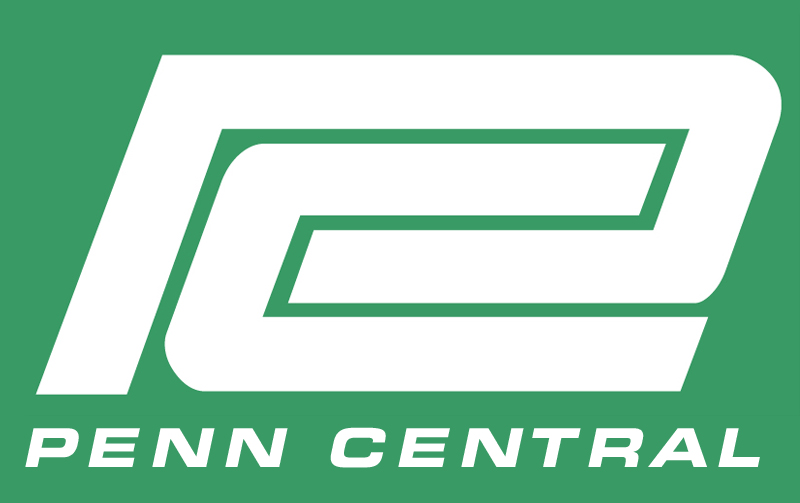 The Penn Central Transportation Company, commonly abbreviated to Penn Central, was an American Class I railroad headquartered in Philadelphia, Pennsylvania, that operated from 1968 until 1976. It was created by the 1968 merger of the Pennsylvania and New York Central railroads. The New York, New Haven & Hartford Railroad was added to the merger in 1969; by 1970, the company had filed for what was, at that time, the largest bankruptcy in U.S. history.
The Penn Central Transportation Company, commonly abbreviated to Penn Central, was an American Class I railroad headquartered in Philadelphia, Pennsylvania, that operated from 1968 until 1976. It was created by the 1968 merger of the Pennsylvania and New York Central railroads. The New York, New Haven & Hartford Railroad was added to the merger in 1969; by 1970, the company had filed for what was, at that time, the largest bankruptcy in U.S. history.
The Penn Central was created as a response to challenges faced by all three railroads in the late 1960s. The northeastern quarter of the United States, these railroads' service area, was the most densely populated region of the U.S. While railroads elsewhere in North America drew a high percentage of their revenues from the long-distance shipment of commodities such as coal, lumber, paper and iron ore, Northeastern railroads traditionally depended on a mix of services.
As it turned out, the merged Penn Central was little better off than its constituent roads were before. A merger implementation plan was drawn up, but not carried out. Attempts to integrate operations, personnel and equipment were not very successful, due to clashing corporate cultures, incompatible computer systems and union contracts. Track conditions deteriorated (some of these conditions were inherited from the three merged railroads) and trains had to be run at reduced speeds. This meant delayed shipments and personnel working a lot of overtime. As a result, operating costs soared. Derailments and wrecks became frequent, particularly in the midwest.
The American financial system was shocked when after only two years of operations, the Penn Central Transportation company was put into bankruptcy on June 21, 1970. It was the largest corporate bankruptcy in American history at that time. Although the Penn Central Transportation Company was put into bankruptcy, its parent Penn Central Company was able to survive.
The Penn Central continued to operate freight service under bankruptcy court protection. After private-sector reorganization efforts failed, Congress nationalized the Penn Central under the terms of the Railroad Revitalization and Regulatory Reform Act of 1976. The new law folded six northeastern railroads, the Penn Central and five smaller, failed lines, into the Consolidated Rail Corporation, commonly known as Conrail. The act took effect on April 1, 1976.
Read more on Wikipedia.

The Penn Central was created as a response to challenges faced by all three railroads in the late 1960s. The northeastern quarter of the United States, these railroads' service area, was the most densely populated region of the U.S. While railroads elsewhere in North America drew a high percentage of their revenues from the long-distance shipment of commodities such as coal, lumber, paper and iron ore, Northeastern railroads traditionally depended on a mix of services.
As it turned out, the merged Penn Central was little better off than its constituent roads were before. A merger implementation plan was drawn up, but not carried out. Attempts to integrate operations, personnel and equipment were not very successful, due to clashing corporate cultures, incompatible computer systems and union contracts. Track conditions deteriorated (some of these conditions were inherited from the three merged railroads) and trains had to be run at reduced speeds. This meant delayed shipments and personnel working a lot of overtime. As a result, operating costs soared. Derailments and wrecks became frequent, particularly in the midwest.
The American financial system was shocked when after only two years of operations, the Penn Central Transportation company was put into bankruptcy on June 21, 1970. It was the largest corporate bankruptcy in American history at that time. Although the Penn Central Transportation Company was put into bankruptcy, its parent Penn Central Company was able to survive.
The Penn Central continued to operate freight service under bankruptcy court protection. After private-sector reorganization efforts failed, Congress nationalized the Penn Central under the terms of the Railroad Revitalization and Regulatory Reform Act of 1976. The new law folded six northeastern railroads, the Penn Central and five smaller, failed lines, into the Consolidated Rail Corporation, commonly known as Conrail. The act took effect on April 1, 1976.
Read more on Wikipedia.
Brand/Importer Information: Rapido Trains Inc. is a high-end manufacturer of model trains and accessories in HO, OO and N (North American 1:160 and British 1:148) scales. The firm's mission is to recreate the entire rail travel experience, from fully-detailed interiors and under-frames on models to fully-wired telephone poles for model railroads.
The name RAPIDO was introduced by Canadian National in 1965 to headline the railway's high-speed intercity passenger services. Until the mid-1980s, RAPIDO stood for fast schedules, frequent trains, and superb service.
Today, Rapido Trains continues the RAPIDO concept with state-of-the-art models and attention to fine detail. This company is not related to the venerable (and now defunct) German manufacturer Arnold Rapido, nor the present-day Arnold (which is owned by the United Kingdom's Hornby), Canadian based Rapido Trains was founded in 2003.
The name RAPIDO was introduced by Canadian National in 1965 to headline the railway's high-speed intercity passenger services. Until the mid-1980s, RAPIDO stood for fast schedules, frequent trains, and superb service.
Today, Rapido Trains continues the RAPIDO concept with state-of-the-art models and attention to fine detail. This company is not related to the venerable (and now defunct) German manufacturer Arnold Rapido, nor the present-day Arnold (which is owned by the United Kingdom's Hornby), Canadian based Rapido Trains was founded in 2003.
Item created by: gdm on 2016-06-27 14:47:59. Last edited by gdm on 2018-02-05 08:26:11
If you see errors or missing data in this entry, please feel free to log in and edit it. Anyone with a Gmail account can log in instantly.
If you see errors or missing data in this entry, please feel free to log in and edit it. Anyone with a Gmail account can log in instantly.


